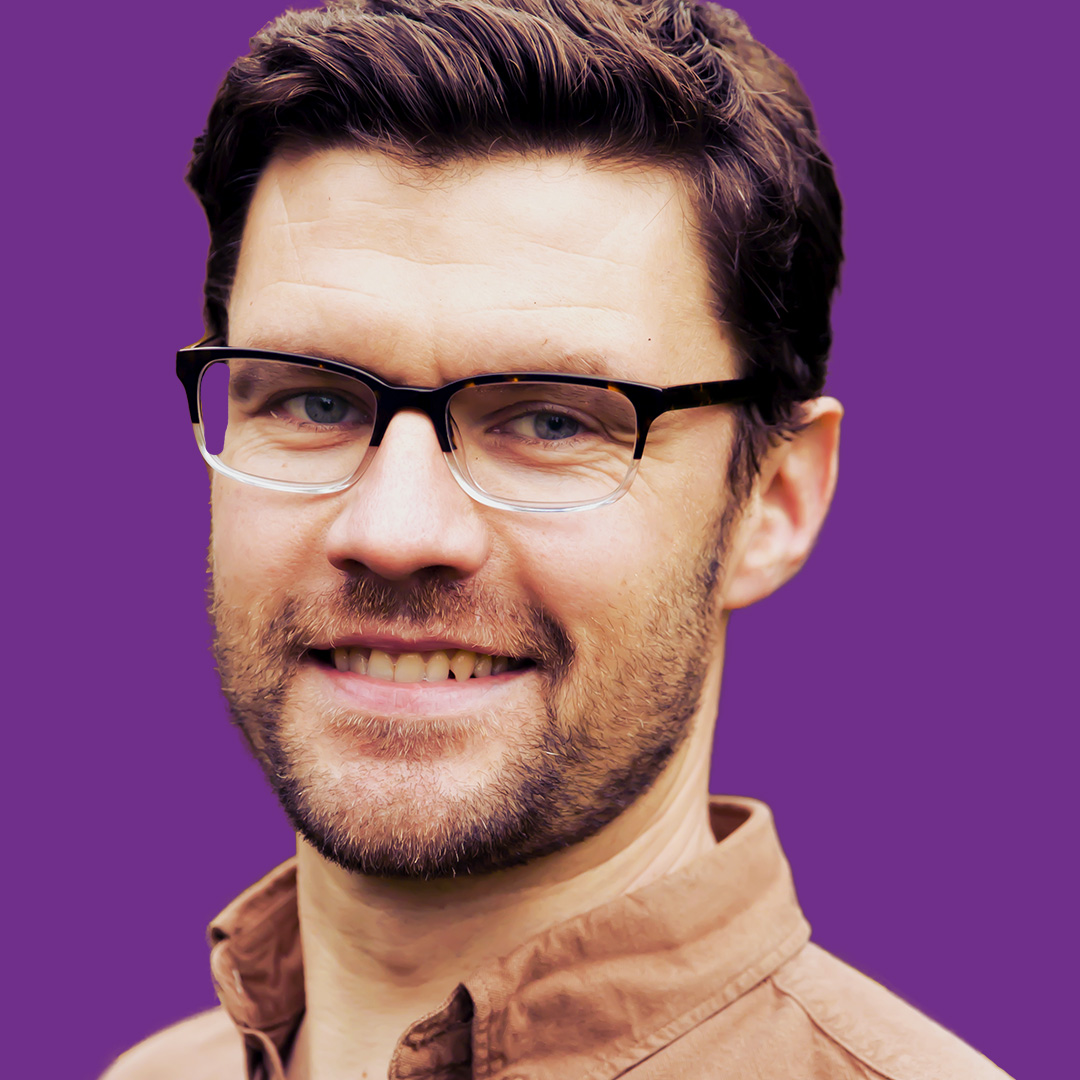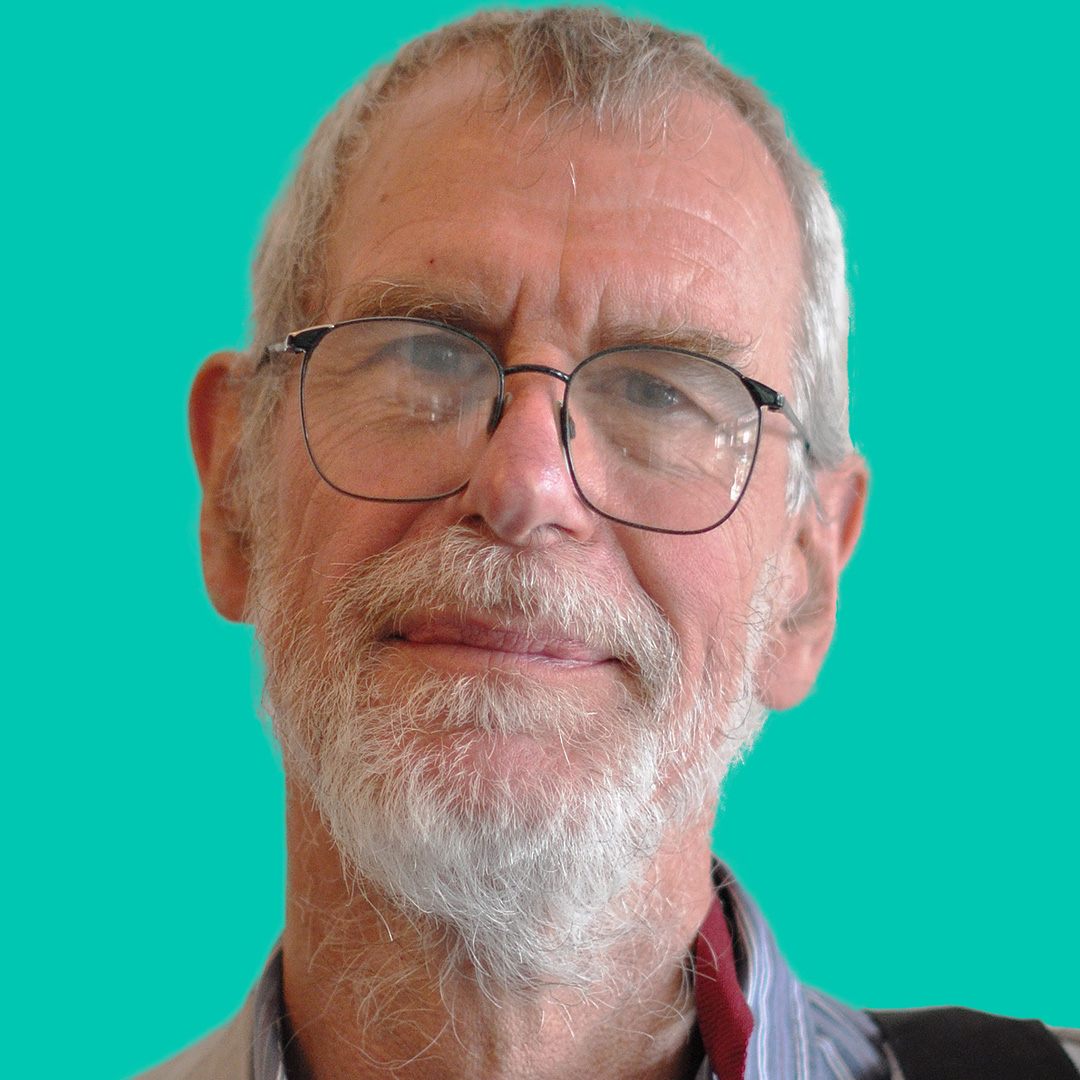A very special Humanists UK event on 17 May will bring together our 2021 Darwin Day and Voltaire Lecturers, and the founder-member of the Humanist Philosophers Group, for what promises to be a challenging and thought-provoking exploration of the fundamental nature of morality.
What is morality, and what is to be good? Questions concerning the nature of morality have been a source of never-ending debate by philosophers, scientists, theologians, and the general public for millennia, and it continues to this day.
‘Do not do unto others that which would anger you if others did it to you.’
Socrates, 5th century
‘That which is unfavourable to us, do not do that to others.’
Padma Purana (Hindu text)
‘Love your neighbour as yourself.’
The Torah
‘Hurt not others in ways that you yourself would find hurtful.’
Udanavarga
‘Do not do to others what you would not like for yourself.’
Confucius
‘I will act towards others exactly as I would act towards myself’
Buddhist text, 500 BCE
It is clear that across history and in every part of the world, versions of this same Golden Rule have underpinned what different societies have seen as moral behaviour: to treat others as you would like to be treated and to value others as you value yourself.
But is it really as simple as that? And even if it is, can a society’s approach to morality, ethics, or cooperation tell us anything about morality itself? Where societies and cultures differ in their understanding of right and wrong, who’s to say which approach is ‘better’? If we understand morality as something which evolved with our humanity, is it reasonable to see ‘moral values’ as simply the most advantageous ways of behaving in an increasingly global neighbourhood? Could we have evolved a completely different set of morals? And would that change what it means to ‘do the right thing’?
|
At this online event, chaired by Humanists UK Chief Executive Andrew Copson, each of our speakers approaches the thorny topic of the nature of morality from a different angle.



Humanists UK’s Director of Understanding Humanism Luke Donnellan, said:
‘’There can be few bigger or more fascinating questions than “What is morality?” Is there, and can there be, any universal agreement on what it means to be good? If not, does that make morality entirely a matter of individual preference and opinion? Can science tell us anything important or should everything be left to the philosophers? How we answer such questions is not just of interest to academics – it has practical relevance to all our lives.’
Online tickets to this special event are available now for just £5. Book yours now.
